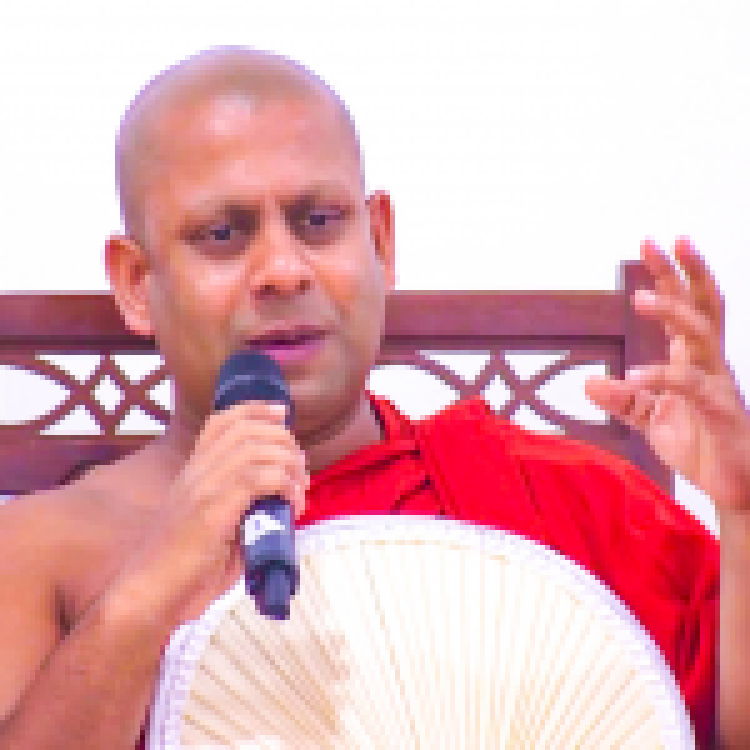![]()
Sri Lankan Prime Minister, Mahinda Rajapaksa, has caved to nationalist demands against Indian involvement in the East Container Terminal (ECT), promising trade unions that it would be 100 per cent by Sri Lankan Port Authority.
This announcement follows harsh criticism from Sinhala Buddhist monks who attacked the projected on the basis of Indian involvement, claiming it was an invasion of Sri Lanka. Nationalist Buddhist monk, Medagoda Abhayatissa, went so far as to state; “if Sri Lanka loses the East Container Terminal, the government will never be able to raise its head again”.
Read more here: Buddhist monks decries Colombo Harbour project as an ‘Indian invasion’
The Indian High Commission in Colombo has hit back against Rajapaksa insisting that Sri Lanka abide by the Memorandum of Cooperation agreed upon by Sri Lanka, India and Japan on 28 May 2019.
Responding to that matter, the Indian High Commission in Colombo put out a full statement maintaining that Sri Lanka fulfils its obligations:
“The commitment of Government of Sri Lanka in this regard has been conveyed several times in the recent past, including at the leadership level. Sri Lanka cabinet also took a decision three months ago to implement the project with foreign investors. All sides should continue to abide by the existing understandings and commitment”, their statement noted.
These developments follow a visit by India’s External Affairs Minister, Subrahmanyam Jaishankar, who is reported to have laid down “unequivocal terms” for the ECT. The agreement that had been reached enabled Sri Lanka to retain a 51% stake whilst the Adani Group, an Indian business with ties to Indian Prime Minister Narendra Modi, would hold 49%.





